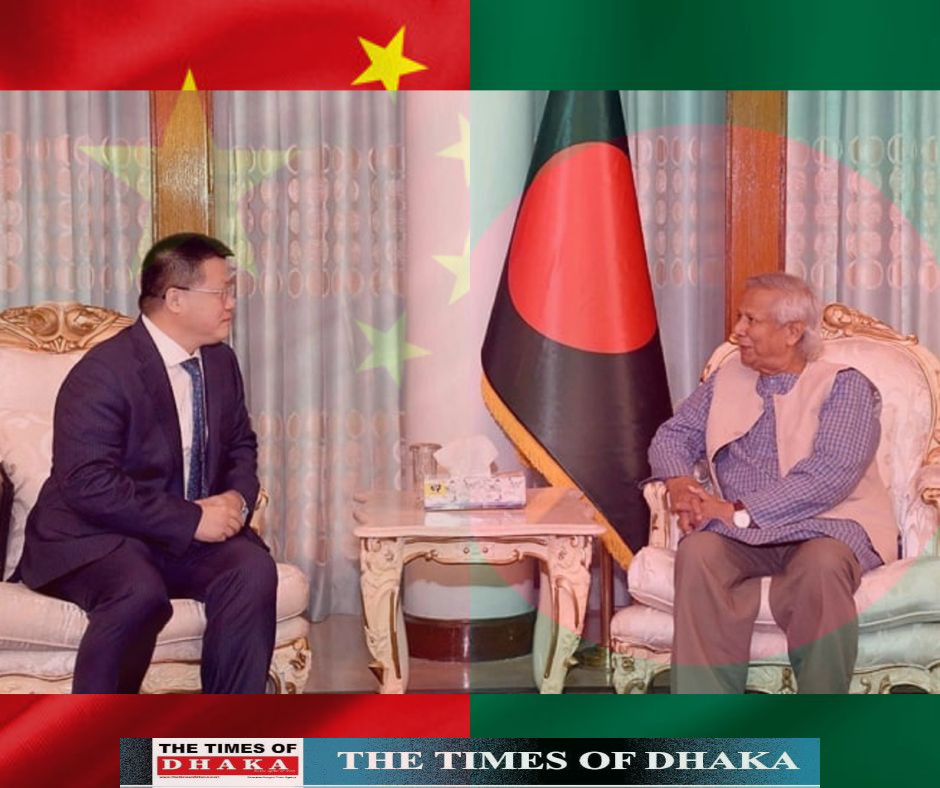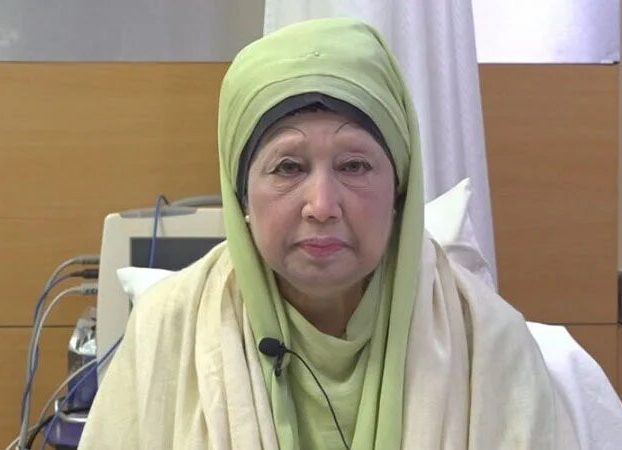
Chief Adviser Dr. Muhammad Yunus has called for the transfer of some Chinese solar panel factories to Bangladesh in order to build a green economy. He made this call when Chinese Ambassador to Bangladesh Yao Wen paid a courtesy call at the State Guest House Yamuna on Sunday.
The chief adviser stressed on building closer economic cooperation between Beijing and Dhaka and urged Chinese investors to relocate factories to Bangladesh.
He said China has emerged as one of the largest producers of solar panels. Chinese manufacturers may relocate their solar panel factories to Bangladesh. It will help Bangladesh diversify its exports and transform into a green economy.
He called for expanding the import of Bangladeshi products to China as part of increasing economic cooperation between the two countries. He hoped to increase cooperation between the two countries in the areas of technology transfer, disaster management, education and agriculture.
The Chinese ambassador said that Beijing is ready to work with Dhaka and I am hopeful that under the leadership of Dr. Yunus, the dream of building a poverty-free Bangladesh will be successful. Addressing the chief adviser, he said, “Bangladesh’s future will be brighter and more prosperous under your leadership.”
In the meeting, Dr Yunus expressed optimism that China will continue to provide political, financial and humanitarian assistance to the more than one million Rohingya people living in Bangladesh.
Yunus Centers have been set up in several universities in China and many young people have formed Three-Zero Clubs, the chief adviser recalled. Members of these clubs are committed to reducing poverty, unemployment and carbon emissions to zero.

 Reporter Name
Reporter Name 


















